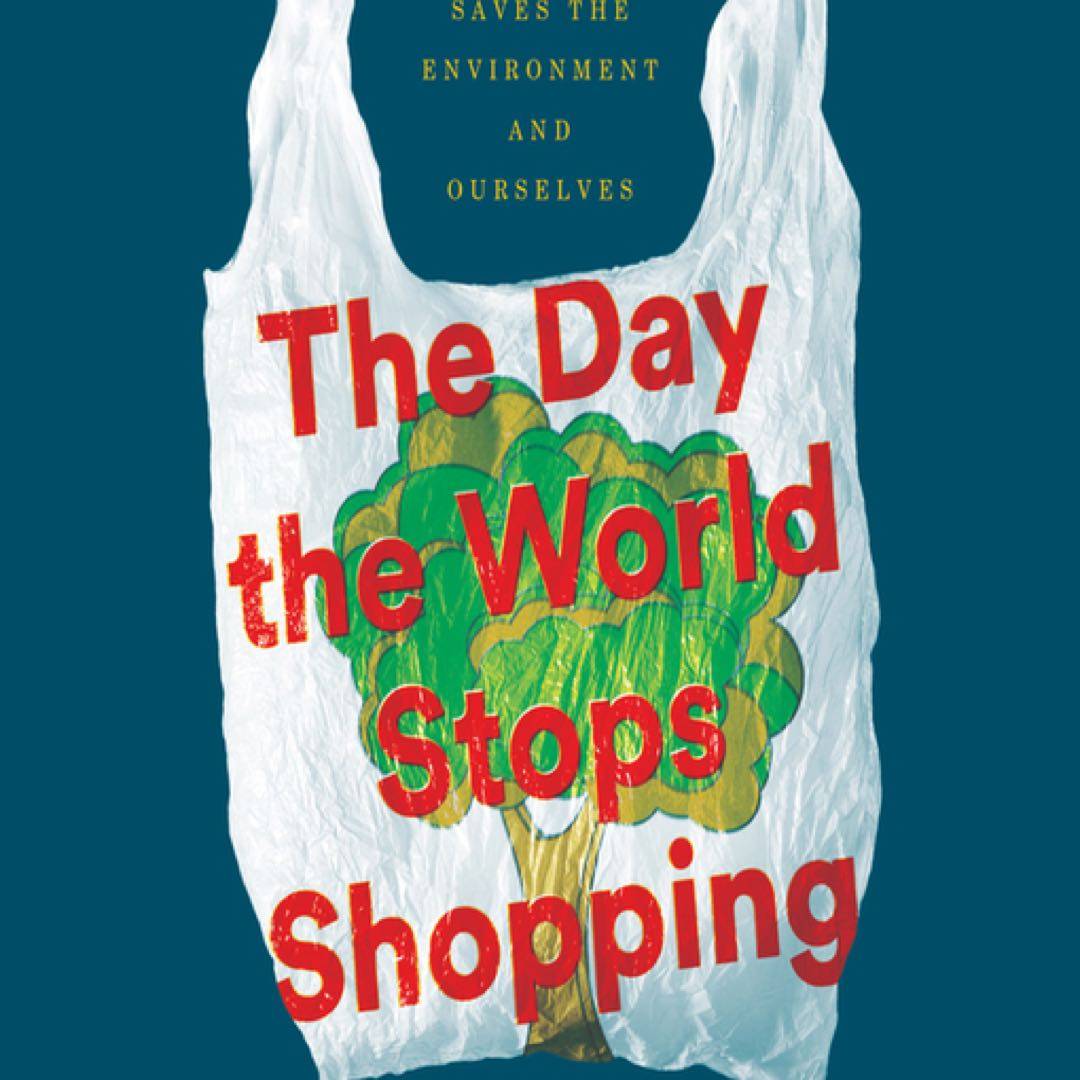
A very intriguing and topical read that examines several issues connected to consumerism and materialism at large while also inspiring reflection into individual experiences with consumption.

A very intriguing and topical read that examines several issues connected to consumerism and materialism at large while also inspiring reflection into individual experiences with consumption.
"The Tokyo lifestyle feels like a trap to me now; you go there, you want things, you have to buy them. There‘s a lot of fun things to do, or have, or eat. But you consume it all. Here on Sado, there's nothing. You have to create it for yourself. The joy is not from consuming, it's from being a creator."
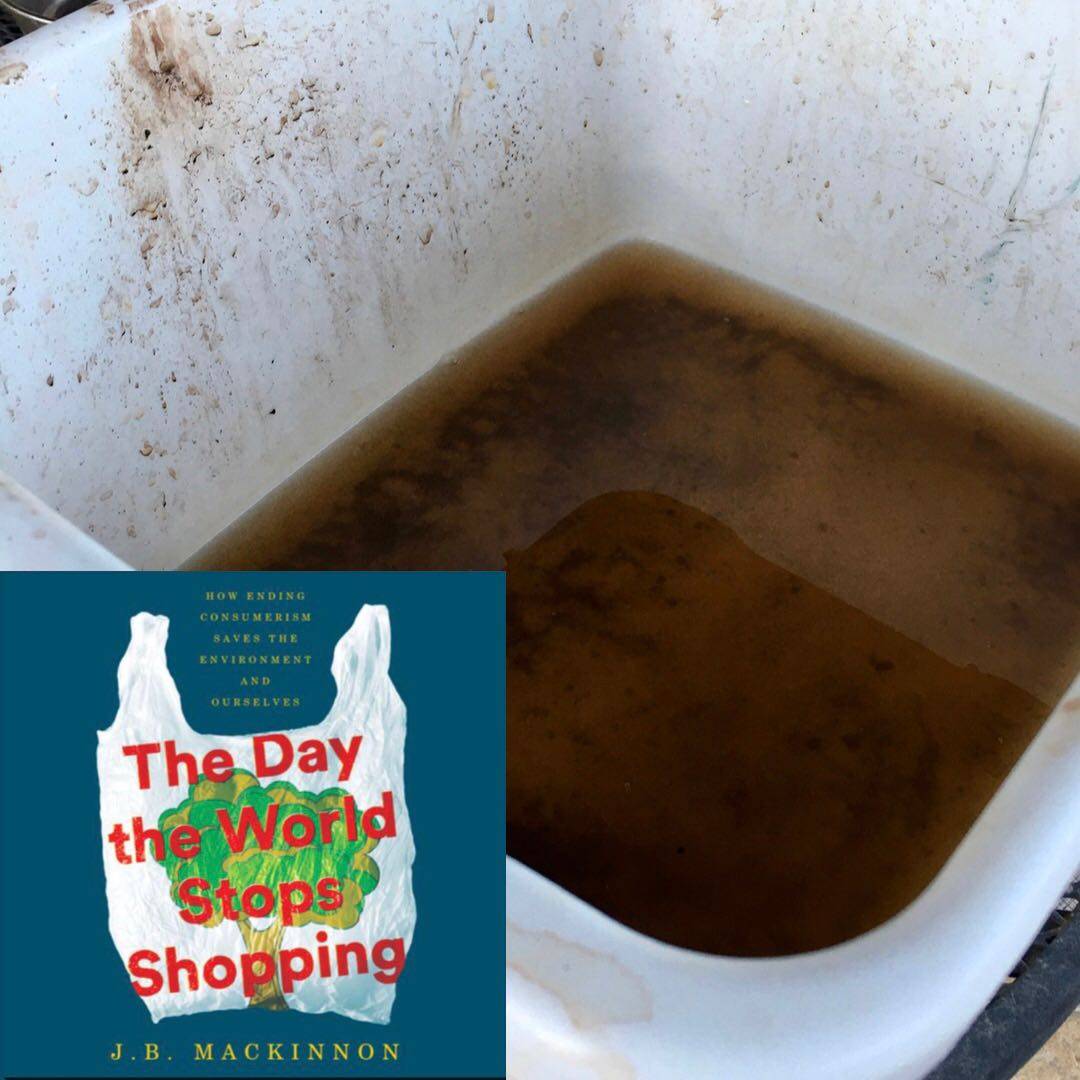
Idk about this book. I‘ve never been a good consumer. Firstly because I didn‘t have the money. Then, I didn‘t want to. My big question coming out of this book is, assuming we are willing to adjust away from a consumer economy, what would that look like & how long would it take?
~
Behold the rusty vinegar from cleaning my clippers. 🎧
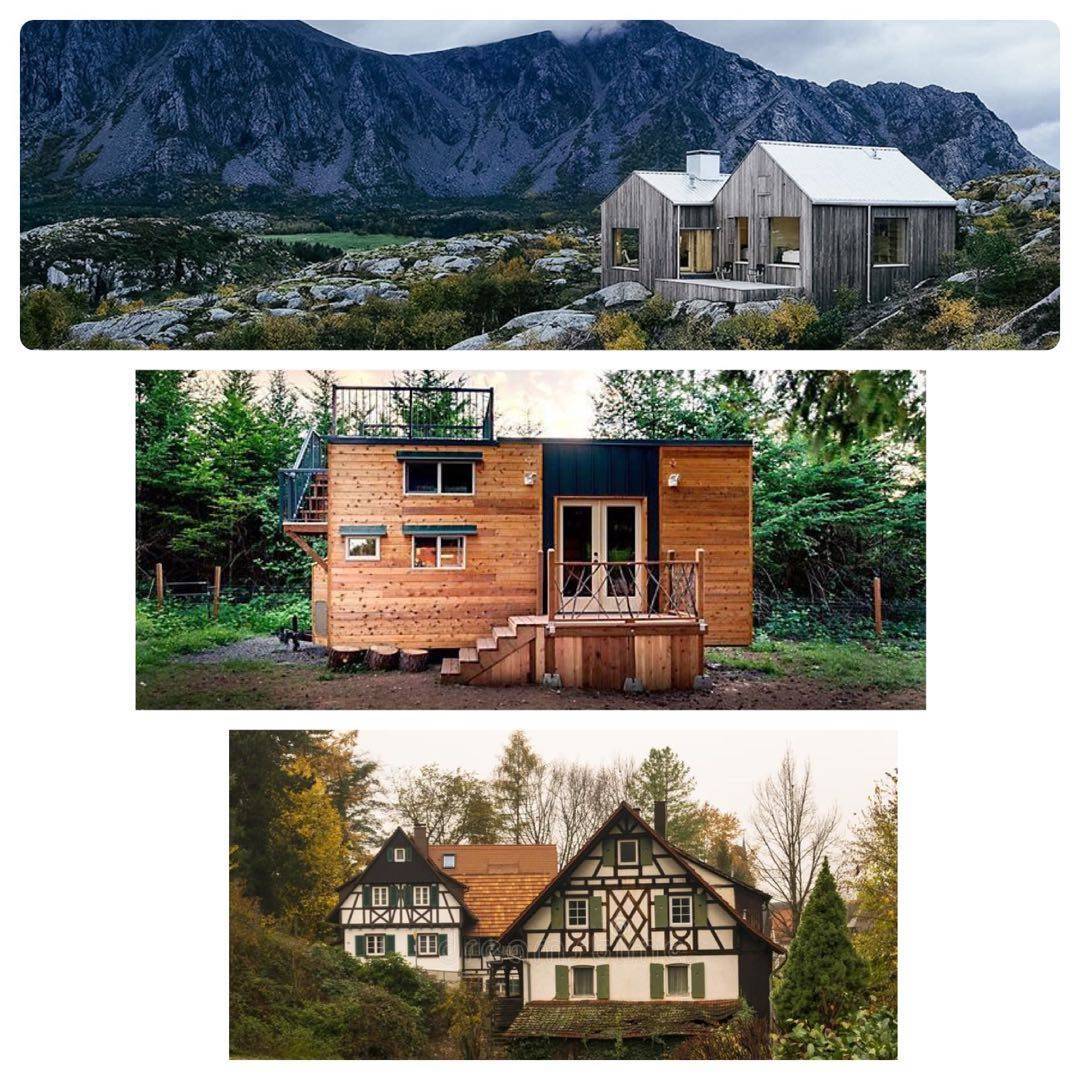
What would it look like if we stopped consuming and started giving back? How different, and better—might things be if we stopped producing trash, selling, and producing? If we made the things we need, that give us pleasure—to last, sustainably? These are the questions this book asks. Minimalist living can be a beautiful thing. Are you ready?
Interesting that I started reading this on ‘Christmas‘, a holiday which capitalism has such a hold on.
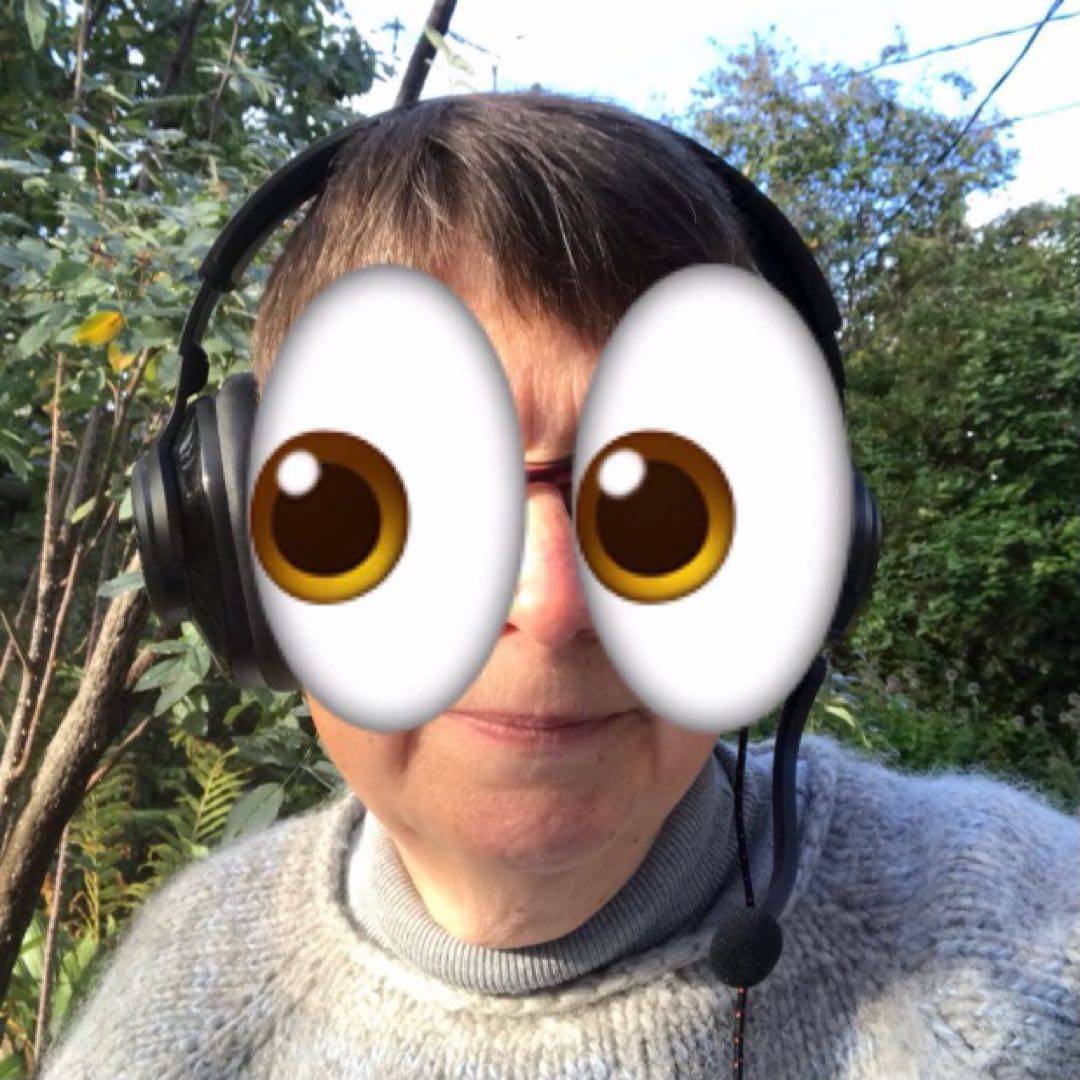
Looking for audiobook recommendations? I gathered my favourites from November into a blog post: https://lindypratch.blogspot.com/2021/11/best-audiobooks-in-november.html?m=0
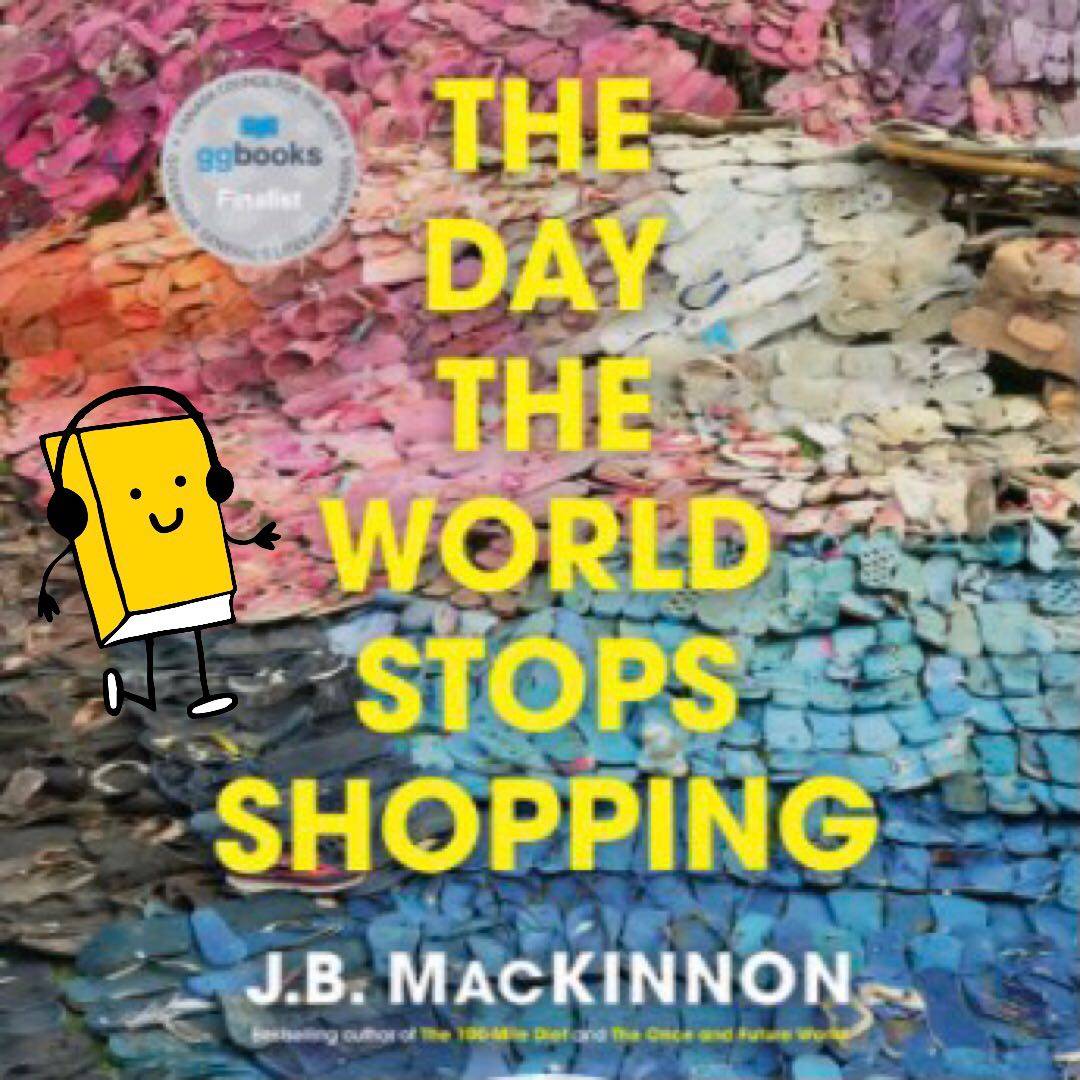
Consumption is THE greatest driver of environmental problems. Framed as a thought experiment, journalist & environmental activist James MacKinnon writes about powerful external forces urging us to consume & how we rely on a consumer-driven economy, which is destroying our world. I appreciate the optimism in this book, which looks at what a difference can be made by only a small shift in habits, as demonstrated at the start of covid lockdowns.
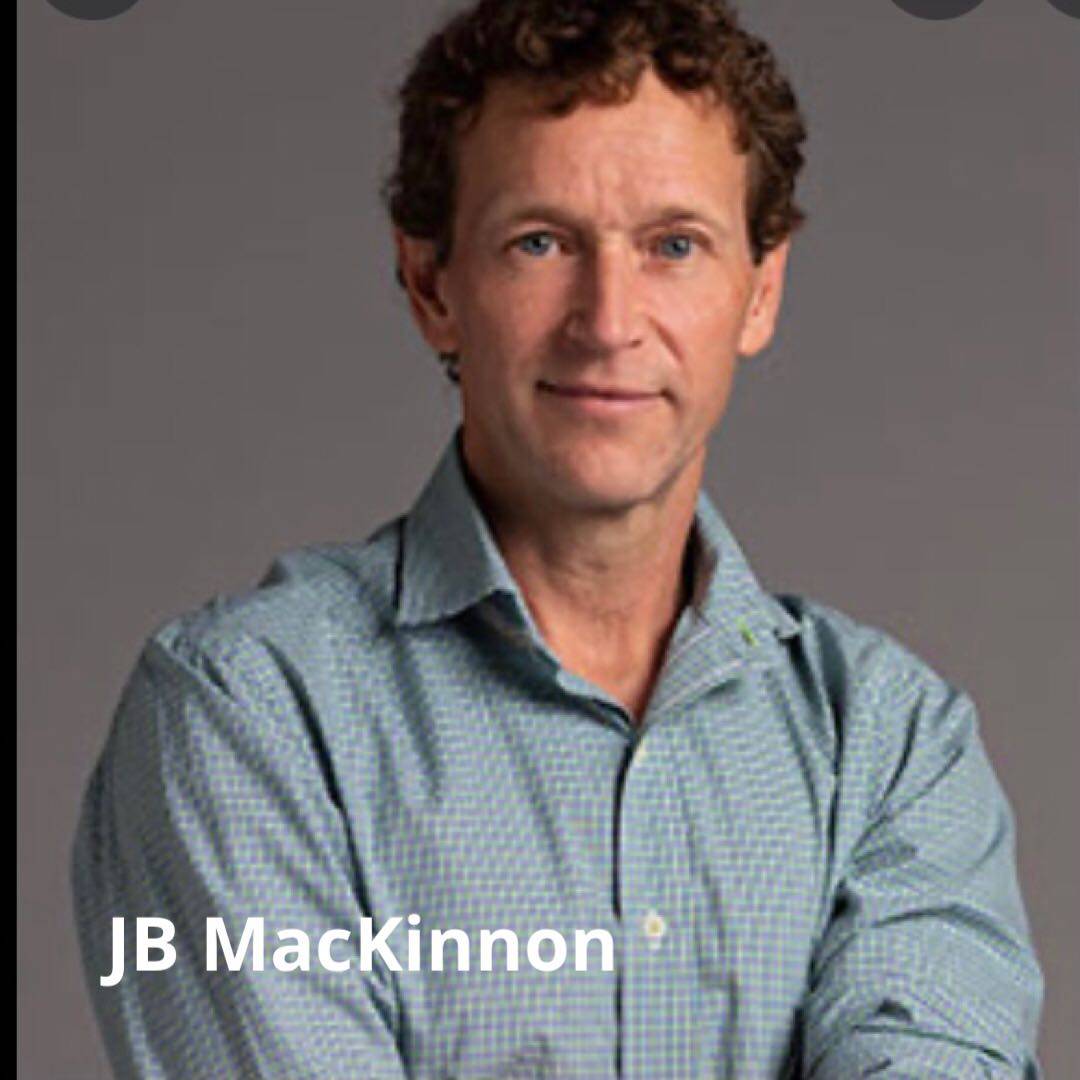
We have to stop shopping. We can‘t stop shopping.
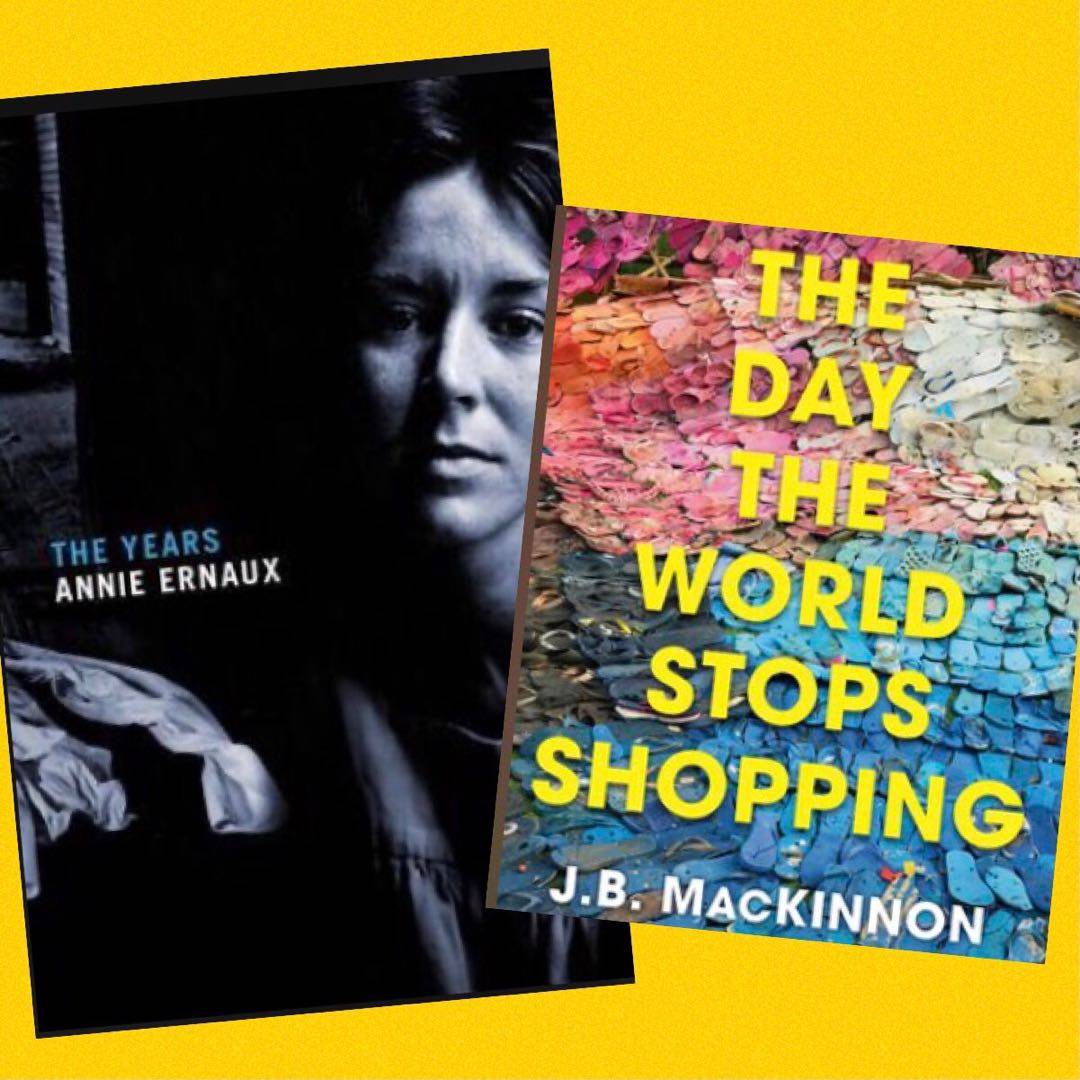
These two books—with their focus on consumerism and the passage of time—complement each other well.